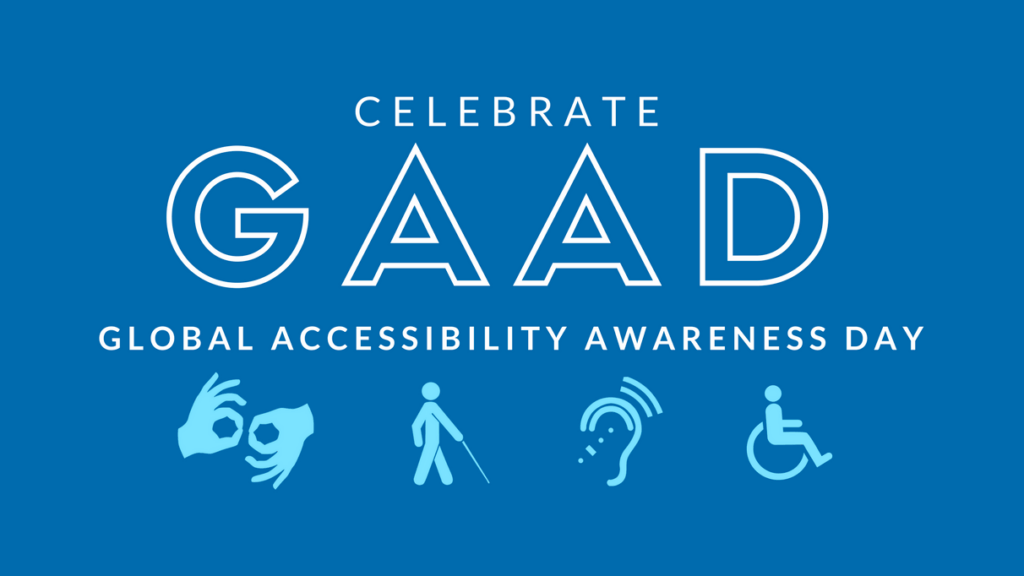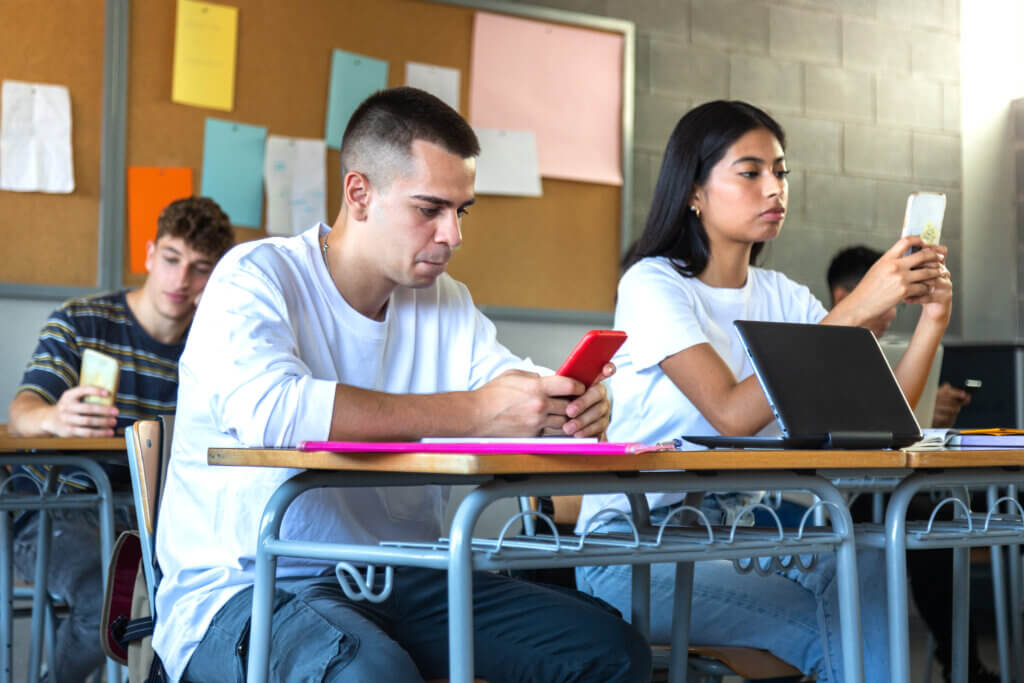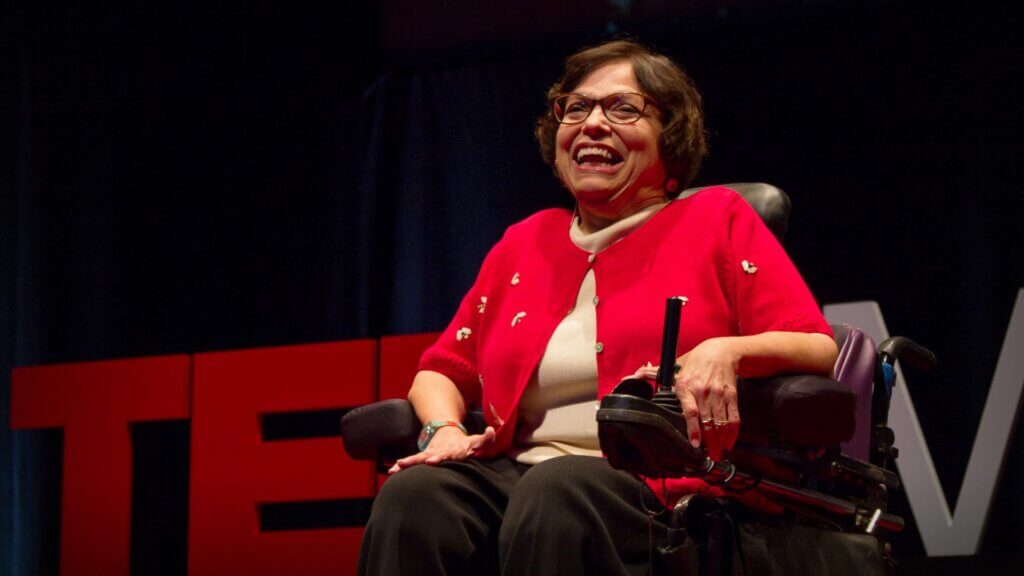What Is Competency-Based Education?
 Competency-based education (CBE), or personalized learning, combines the assessment of existing skills with mastery-based academic progression. With this model, instructors assess the knowledge and experience students already possess through work and life experience. Then, individualized educational plans can be created to best meet the needs of non-traditional learners, many of whom are in the workforce as they work toward earning a degree.
Competency-based education (CBE), or personalized learning, combines the assessment of existing skills with mastery-based academic progression. With this model, instructors assess the knowledge and experience students already possess through work and life experience. Then, individualized educational plans can be created to best meet the needs of non-traditional learners, many of whom are in the workforce as they work toward earning a degree.
Learner-centric in nature, interest in CBE has grown in higher education over the past decade, and adoption efforts span all institution types, according to the National Survey of Postsecondary Competency-Based Education (NSPCBE).
CBE FOR NONTRADITIONAL LEARNERS
“More research is needed, but early indications suggest that CBE programs often serve a greater proportion of students with prior credits than traditional programs, and institutions price their CBE programs so that the amount students pay may be similar to or lower than for traditional programs,”
Personalized learning solutions offer improved access to education, particularly for non-traditional learners such as adults who are returning to school after years away, and students with families.
“More research is needed, but early indications suggest that CBE programs often serve a greater proportion of students with prior credits than traditional programs, and institutions price their CBE programs so that the amount students pay may be similar to or lower than for traditional programs,” the report noted.
For a student with significant relevant experience, course progression may occur quite rapidly. Non-traditional students may find personalized education more manageable and affordable.
YUJA AND COMPETENCY-BASED EDUCATION
Traditional classroom structures can fail to support competency-based learning—these set-ups require students to move through material at approximately the same pace, regardless of personal understanding.
YuJa provides video capture and integrated social tools that enable students to tailor their learning path to reflect their strengths and interests, as well as tools that make attending flipped courses more convenient for the student and easy for the instructor.
INCREASING COMPETENCY-BASED LEARNING IN HIGHER EDUCATION
Competency-based learning leans on innovative technological solutions to help non-traditional students thrive. A 2020 State of the Field study by American Institutes for Research found that between 2018 and 2020, 128 unique institutions have reported offering at least one operating CBE program, for a total of 1,057 CBE programs.
Further, 82% of institutions expect the number of CBE programs in the US to increase in the next five years.
“Despite the major disruptions to institutional operations due to the COVID-19 pandemic, we see evidence of growth in programs and optimism about the future of CBE, even though barriers remain,” it concluded.









